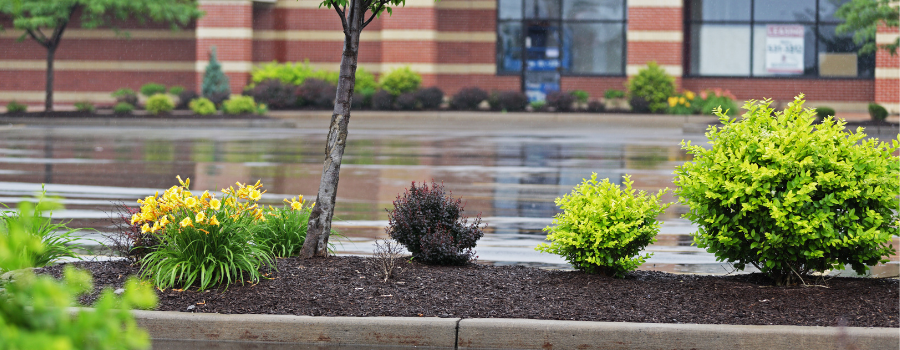
Announcements
On May 3, 2022, CalRecycle hosted a statewide webinar called, Peer Sharing: How Jurisdictions are Implementing the SB 1383 Procurement Requirements.
Webinar Recording: YouTube (2:30:22) | Transcript
Presentations from webinar:
- Webinar overview presentation
- Peter Schultz-Allen, EOA, Inc. (compost and mulch)
- Michele Young, Santa Clara County (compost)
- Agreement Exhibit SB 1383 material procurement
- Kelly Schoonmaker, StopWaste (compost and mulch)
- Will Chen, Los Angeles County Sanitation Districts (anaerobic digestion)
Jurisdiction Procurement Targets: Each jurisdiction (city, county, or city and county) may find their recovered organic waste product procurement target for the compliance year of 2022, Annual Jurisdiction Procurement Targets.
Yard trimmings, food scraps, and other types of organic waste can be recycled into new products like:
- Compost
- Mulch
- Biofuel
- Electricity
Beginning January 1, 2022, SB 1383 requires cities and counties to procure annually a quantity of recovered organic waste products to meet their annual procurement target. These procurement requirements will strengthen California’s green, self-sustaining economy. Demand for these products will drive infrastructure investment and create new green collar jobs in the state.
Recovered organic waste products can:
- Benefit local communities and spaces
- Improve soil and air quality
- Support local environmental initiatives, such as Climate Action Plans
CalRecycle assigns an annual procurement target to each jurisdiction based on its population. Jurisdictions can fulfill their target by procuring any combination of the following recovered organic waste products:
- Compost
- Mulch
- Renewable Energy (Transportation Fuel, Heat, and Electricity) from Anaerobic Digestion and Electricity from Biomass Conversion
For the full regulatory requirements of procurement, please review the SB 1383 Article 12 regulations.

Procurement Calculator Tool
CalRecycle has developed a Procurement Calculator Tool, which may be used by a jurisdiction to:
- Plan for its procurement of recovered organic waste products, by calculating its procurement target and the quantities of products it may procure
- Track its progress towards meeting its procurement target
- Organize some of the details important for the recordkeeping and reporting requirements
While the Procurement Calculator Tool may be a useful organizational and planning tool, jurisdictions will need to maintain separate records to show that they have met their annual procurement obligations and are required to report their procurement to CalRecycle annually.
For technical assistance (including digital accessibility) on the Procurement Calculator Tool, please contact CalRecycle at SLCP.Organics@CalRecycle.ca.gov.
Resources from the February 9, 2021 Procurement Calculator Tool Training webinar training:
Applications for Recycled Organics Products

Compost and Mulch
Jurisdictions can use compost and mulch in a variety of applications, such as landscaping in city parks, on center divides, and in community or school gardens. Additionally, compost can be used in civil engineering applications like erosion control along roadways.
Compost and mulch provide many direct and indirect benefits when used in landscaping and as a component of systems and treatments designed for:
- Carbon sequestration
- Soil water retention
- Erosion control
- Fire remediation
- Storm water management
- Agriculture and rangelands
- Other uses
Renewable Energy
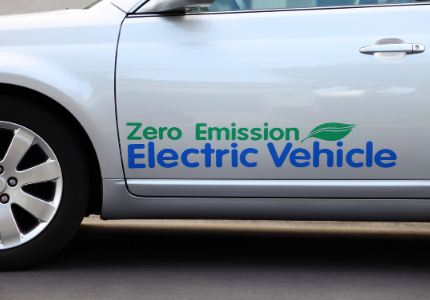 Organic waste can be recycled at an anaerobic digestion facility, to produce renewable natural gas for transportation fuel, electricity, or heating applications, or at a biomass conversion facility, to produce electricity. Jurisdictions can use these recycled organics products to power:
Organic waste can be recycled at an anaerobic digestion facility, to produce renewable natural gas for transportation fuel, electricity, or heating applications, or at a biomass conversion facility, to produce electricity. Jurisdictions can use these recycled organics products to power:
- Vehicles, refuse fleets, or buses
- Buildings and schools
- Organic waste recycling infrastructure
- Any other energy needs
Resources
Procurement Options
Each jurisdiction has the flexibility to choose what mix of recovered organic waste products it wants to procure, and may choose to either use or donate these products to meet its procurement target, depending on its local needs.
Acquiring Recycled Organics Products
Procurement does not necessarily mean that products must be purchased. Jurisdictions that own an organics recovery facility can procure end products for city and county use without a financial transaction. A jurisdiction may also acquire products in another way, such as free delivery or distribution of products from a hauler, and subsequently use or donate those products to meet its procurement target.
Product Sourcing and Use
Jurisdictions may procure recycled organic products made within their jurisdiction or in other parts of the state, and these may be produced from their area’s own organic waste or from feedstock materials collected outside of their city or county. Jurisdictions may also use or donate the recycled organic products in or outside their area.
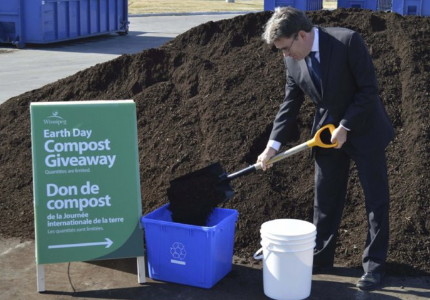
Direct Procurement
Jurisdictions can procure and use recovered organic waste products, like compost and mulch for city-managed public landscaping or renewable energy for city-owned vehicle fleets. Jurisdictions could also procure products, such as compost, for community giveaway projects.
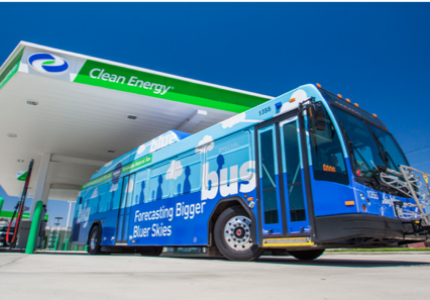
Direct Service Provider
Jurisdictions can meet their procurement requirement by contracting with a service provider that uses recovered organic waste products, like compost or renewable natural gas, on behalf of the jurisdiction. These direct service providers could include waste haulers, landscape services, or transportation services.
For more information, visit the Recovered Organic Waste Product Procurement web page.
Recycled-Content Paper Procurement
All departments in a jurisdiction are required to purchase and keep records that paper products:
- Contain postconsumer recycled content
- Are recyclable
As there is so much paper present in the solid waste disposal stream, the procurement requirements for recycled-content and recyclable paper are important to grow demand for these products and support recycling to help meet the organic waste diversion goals of SB 1383.
Requirements
- Printing and writing paper shall consist of at least 30 percent postconsumer recycled content.
- Toilet paper shall consist of at least 45 percent postconsumer recycled content.
- Paper towels shall consist of at least 40 percent postconsumer recycled content.
- Facial tissue shall consist of at least 10 percent postconsumer recycled content.
- Toilet seat covers shall consist of at least 20 percent postconsumer recycled content.
- General purpose paper wipers shall consist of at least 40 percent postconsumer recycled content.
- Food serviceware, including, but not limited to, napkins, plates, bowls, food trays, takeout boxes, placemats, etc. shall consist of at least 40 percent postconsumer recycled content.
- Products must be recyclable as defined by FTC “Green Guides” (16 CFR 260.12)
- Jurisdictions must require vendors to certify postconsumer content and recyclability claims
For more information, visit the Recycled-Content Paper Procurement web page.
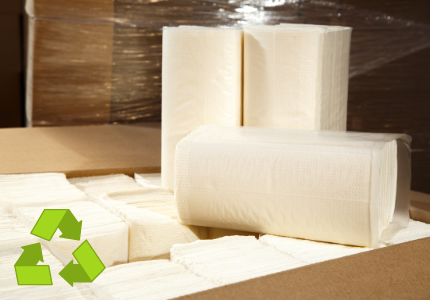
Resources
SB 1383 Procurement Regulations (14 CCR Article 12)
List of Annual Jurisdiction Procurement Targets
Recovered Organic Waste Product Procurement web page
Recycled Content Paper
- Recycled-Content Paper Procurement web page
- CA Department of General Services Procurement Agreements and Contracts
Procurement Tools
CalRecycle Contacts and Assistance
For any inquiries on the SB1383 requirements: slcp.organics@calrecycle.ca.gov
For general inquiries on bioenergy and anaerobic digestion: michelle.dewey@calrecycle.ca.gov
For general inquiries on compost/mulch: organics@calrecycle.ca.gov
For more information contact: Short-Lived Climate Pollutants (SLCP), Organic Waste Methane Emissions Reductions, SLCP.organics@calrecycle.ca.gov

